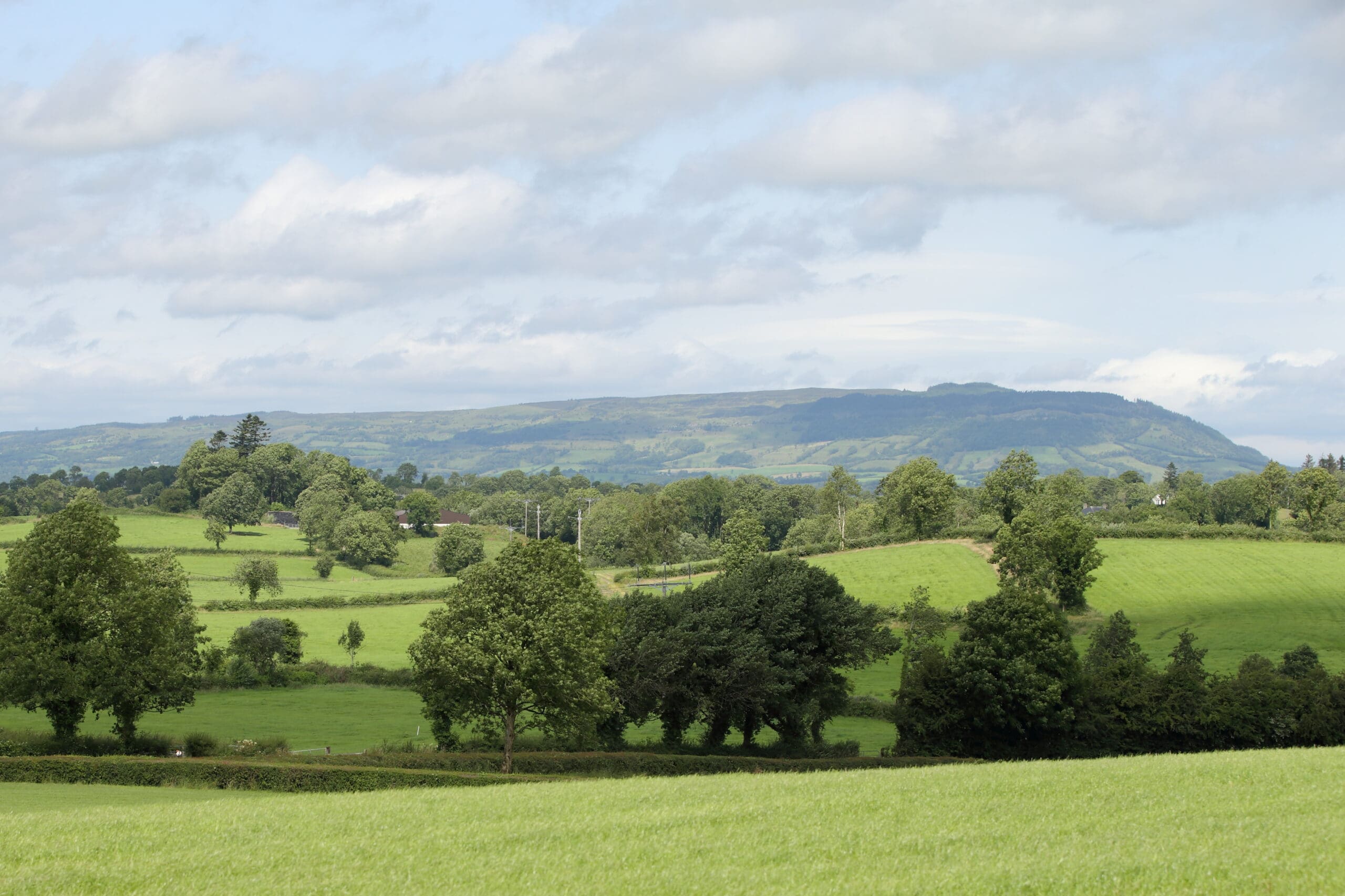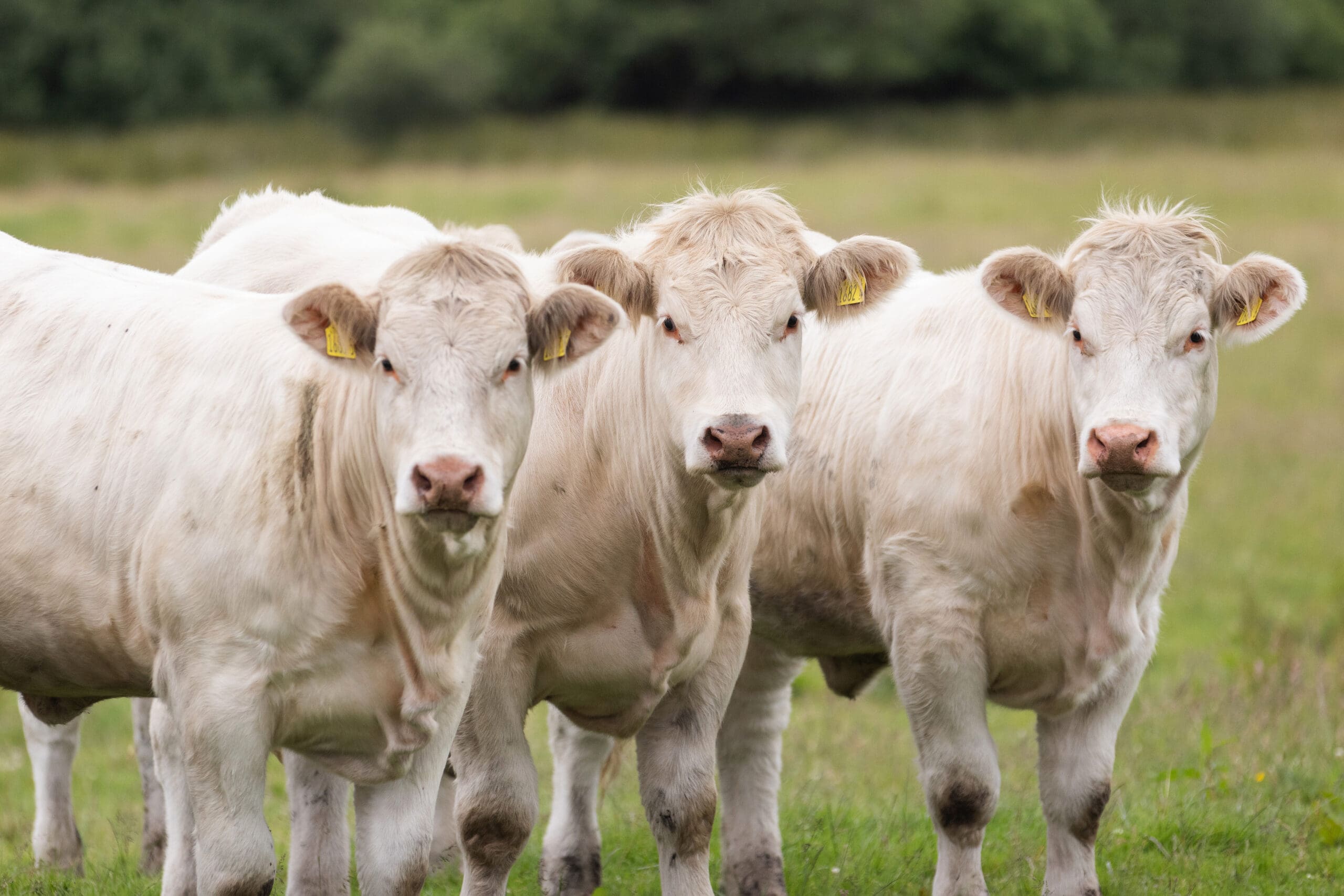
UFU president William Irvine on his County Armagh farm. Picture: Cliff Donaldson
The Ulster Farmers’ Union says the UK Government’s decision to press ahead with damaging changes to Agricultural Property Relief (APR) and Business Property Relief (BPR), is utterly devastating for farm families. The publication of the draft Finance Bill confirmed that despite widespread opposition and clear warnings from the agricultural sector across the UK, there has been no change to the Inheritance Tax (IHT) proposals relating to APR.
UFU president William Irvine said, “The government’s decision to go ahead with the IHT proposals is gutting. They’ve ignored not only the facts about the destruction these proposals would cause to the agri-food industry, but the sincerity and courage of our farm families who stood up and shared intimate fears for their farm. IHT is a direct and undeniable attack on the very bedrock of the nation’s food system.”
NI will be disproportionately affected by IHT due to the unique structure of its agricultural sector, characterised by high land values, an older demographic of farmers and a greater prevalence of sole-owner, livestock-based farms.
“In NI farms are typically smaller, family-run and owner-occupied, and are not merely corporate agribusinesses. They are the generational legacy of hard-working families who have dedicated their lives to producing food and stewarding our land. The government’s reforms will make the continuation of this vital tradition vastly more difficult and, in many cases, impossible. It will force many farm families to consider selling land to pay tax bills or breaking up businesses to satisfy the Treasury’s short-sighted pursuit of additional tax revenue,” said Mr Irvine.
The IHT proposals were introduced without an adequate engagement process or substantial impact assessment.
“Not conducting an impact analysis of how IHT changes will affect farming families and the industry is a failure of duty. Either government do not understand or do not care about the realities of farming in NI and the UK. These proposals are not simply bad economics, they’re an act of bad faith that threatens the fabric of our rural communities, the stability of our domestic food supply and the viability of thousands of small businesses that underpin our economy.
“The UFU has been unshakable in its opposition to this ‘family farm tax’ since it was announced. We’ve led a tireless campaign in collaboration with the UK farming unions, highlighting the devastating consequences these proposals will have. At every stage, we repeatedly called on government to withdraw them entirely and engage with us and industry to discuss our legitimate concerns. Those offers of engagement have been ignored. Time and again, the government has had ample opportunity to work with us, to listen to the sector and protect the future of farming families. Instead, they have chosen to proceed regardless,” said Mr Irvine.
Looking ahead, the UFU intends to progress its request for a meeting with the Prime Minister, involving the NI Executive and the wider agri-food industry, to directly convey the severe implications of these reforms. The Union will also be exploring options for members to lobby their local MPs to engage directly with the Treasury on this critical issue. Furthermore, the UFU will continue to work closely with the UK Parliamentary Environment, Food and Rural Affairs (EFRA) Committee, which in its recent report called for an implementation delay and proper consultation and analysis, to seek amendments to this draft Bill.
“We will continue to challenge these reforms at every level. Our fight to protect Northern Ireland’s family farms, and our national food security continues,” concluded Mr. Irvine.




